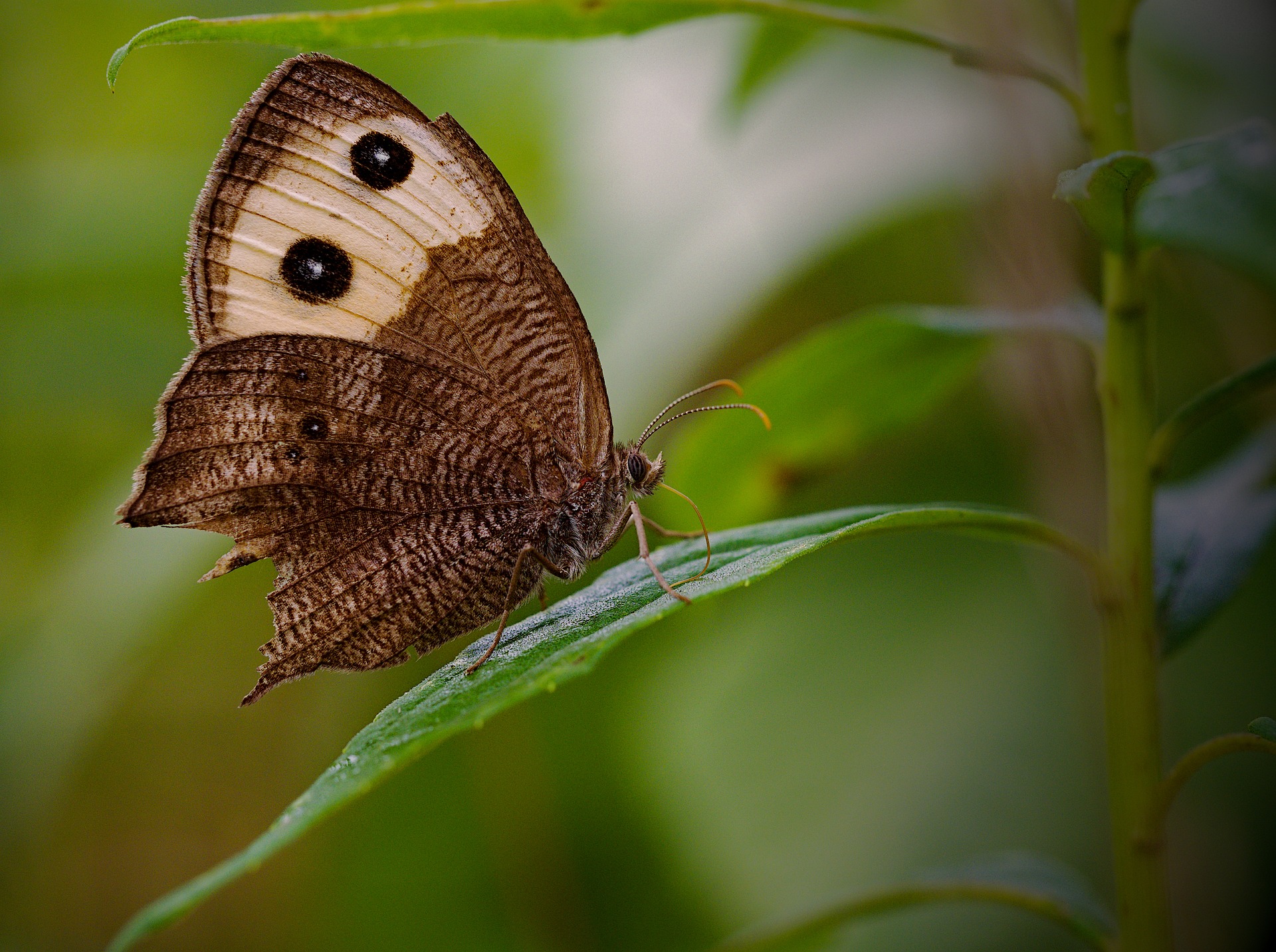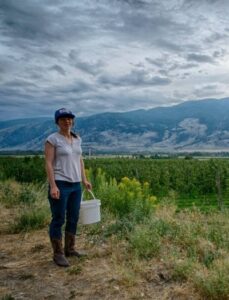The very hungry caterpillar: Temperature and humidity impacts on an insect pest of tree fruits

About this presentation
Temperature and moisture are among the most important abiotic factors that can influence insect abundance and distribution. Outbreaks of insect pests in agricultural crops are increasingly attributed to global climate change as mean temperatures increase along with more frequent and extreme weather events. Extreme temperature and humidity levels have serious implications for poikilothermic species that are limited by their capacity to withstand conditions beyond their optimum for survival and development. Jolene will share the results of her Master’s thesis with the overall objective to address survival and development of the eye-spotted budmoth in response to temperature and relative humidity. This research highlights the importance of timing on insect responses to extreme weather between and within life stages, as well as the importance of understanding the timing of life-history events for management of an outbreak species.
 About Jolene Swain
About Jolene Swain
Jolene Swain (MSc.) lives on a wilderness farmstead in the Kispiox Valley, on the unceded lands of the Gitxsan First Nation. She has spent the last five seasons growing organic vegetables, producing seed crops for the BC Eco Seed Co-op, and helping get the hay in for the milk cow and sheep flock. Before settling into farm life, Jolene worked and studied across western Canada surveying pikas and plants in the alpine tundra, completing biodiversity surveys in the boreal forest, and completing her Master’s research on caterpillars and climate change in organic fruit orchards. Jolene has also worked as a consultant in the organic industry for the past six years and is currently the Central & Northern BC Land Matcher with Young Agrarians.
ACCESS: Current BVRC members will receive a Zoom invite; non-members can email info@bvcentre.ca for the link.

